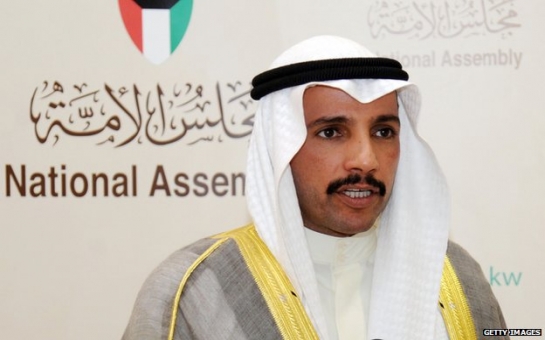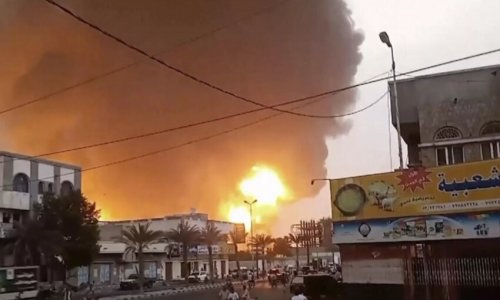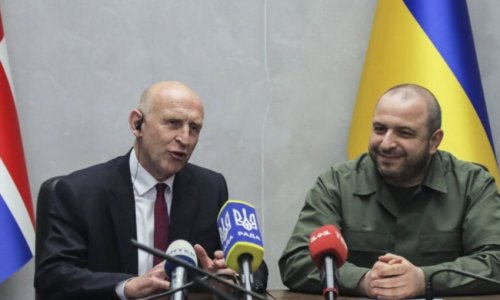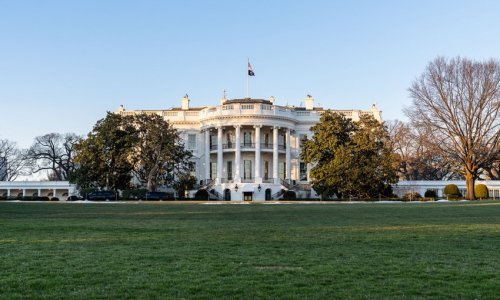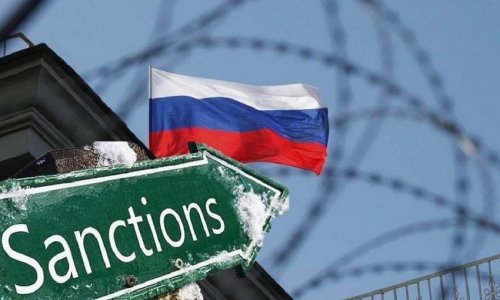Kuwait may have sidestepped the upheaval of the Arab Spring but the tiny oil-rich Gulf state is facing increasing political tensions and calls for radical reform.
Kuwait stands out among the Gulf monarchies for its robust political system, which includes a parliament that has the power to veto government decisions and vote ministers out of office.
With concerns in neighbouring Saudi Arabia over who will succeed King Abdullah - who is thought to be at least 89 - and the course that the kingdom will take amid growing pressures at home and in the region, other Gulf states will be watching closely for any political shifts in Kuwait, which may set the scene for more far-reaching change.
Political reform seemed to be on the cards in 2011 - the year of the Arab Spring - when thousands of Kuwaitis took to the streets in protests that led to the resignation of Prime Minister Sheikh Nasser al-Mohammad al-Sabah and his government.
But in 2014 Kuwait is facing escalating tensions while the issues that fuelled the 2011 protests remain unresolved.
Media blackout
In a case that has gripped Kuwait, video footage allegedly showing former senior officials plotting to overthrow the country's leadership has surfaced, sparking intense speculation.
The case reflects the power struggles within the ruling family which have played out in the form parliamentary dissolutions and government reshuffles, and resulted in stalled development projects and a lack of infrastructure.
A media blackout was ordered after the video was handed to the public prosecution for investigation, and two newspapers were subsequently suspended for breaching the orders.
Although the ban includes any discussion of the video on social media, many Kuwaitis, adept at negotiating around social and political taboos, have continued to make references to the case on social media.
Following a closed session during which MPs viewed the video, the Speaker of parliament - the National Assembly - Marzouq al-Ghanim, cast doubt on the authenticity of the footage and audio, saying that they had been examined and that they had "without a doubt been tampered with and do not represent genuine and reliable copies".
For some in the opposition, the case has become a means to stir popular sentiment. In a television interview, prominent opposition figure Musallam al-Barrak criticised the closed session, and questioned why the video was not shown to the public if claims that the recordings were fabricated were true.
In recent weeks, the Kuwaiti parliament has seen five of its members resign after it rejected a request to grill the prime minister on allegations of corruption.
A joint statement released by three of the lawmakers who resigned criticised parliament's "systematic and continued practices in breach of the constitution".
In the face of waning support for the parliament, the Speaker made a statement following a meeting with the Emir, in which he conveyed the Emir's "full support and unlimited confidence in the National Assembly", and quoted him as saying that any talk of plans to dissolve the parliament were "completely untrue".
Over the past year, Kuwait's opposition had all but faded from the scene. Many blamed internal conflicts and a lack of a unifying cause for its seeming loss of direction.
But following their boycott of the 2013 parliamentary elections, the opposition turned its efforts to drawing up a plan for fundamental changes to the current system.
In April, the Opposition Coalition, which includes Islamists, liberals and youth activists, launched the Political Reform Project, which seeks a fully functioning parliamentary democracy.

